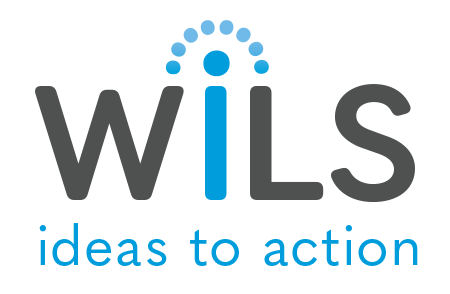One of our greatest joys at WiLS is hearing our members tell the stories of the big and important work they are doing – interesting new projects or initiatives, or even interesting and new approaches to old projects. And, in addition to hearing about it, it makes us even happier when we can share those stories with other members. Each month, WiLS is proud to feature an interview with one of our library members.
This month, we interview Mark Arend, Assistant Director of the Winnefox Library System and current WiLS Board Treasurer.
This interview is part of a series of interviews with both WiLS member and vendor partners. Your feedback is appreciated. If you have any to offer on this article, or suggestions for upcoming interviews, contact Andrea Coffin at acoffin@wils.org.
Why did you, personally, choose to work in libraries?
Originally under a misapprehension—I thought I could sit and read all day. I learned fairly quickly that was not the case but I stuck with it anyway. I’ve always worked in public libraries and my two greatest joys have been to help people find what they’re looking for—the perfect book to read or that nugget of information—and the intellectual challenge of that search. Over the years I’ve worked with a lot of great people and the work has rarely been boring.
What is unique about the culture of your library? How do you influence it?
Being a library system we’re seen as different than a library but our goal is still the same: we serve our customers the best we can. There’s nothing unique in that. Our customers are our member libraries, their directors, staffs, and trustees. I think I influence it by holding staff to a high standard of service. It’s not hard because we’ve got a great staff and I sometimes find myself challenged to meet their example.
What do you think is important to know about the patrons or community you work with? What helps you understand those needs?
It’s important to know what they want and need. These are not always the same and sometimes it’s necessary to lead people in a direction they may not want to go. It’s also important to know the constraints and limitations they work under. Sometimes it’s hard to find a solution that will work within those limits and constraints. The main keys to understanding those needs is first to set aside preconceived notions and just listen to what they’re saying and then to talk things through with them.
What big ideas are being worked on at your library? What problems are being solved?
Like all libraries and systems, we’ve been under significant budgetary constraints for several years. The problem is to maintain services as best we can within those limits, which we’ve been able to do fairly well. We are just beginning a joint planning process with the Outagamie Waupaca Library System—under Bruce Smith’s guidance—to find ways we can work together for greater efficiencies. In spite of tight budgets we’re still coming up with new services. One of our staff developed an online SLP signup/recording program that several of our libraries are using this year. And we have just started a short-term substitute assistant program to help out libraries short of staff because of vacations or illness: http://extranet.winnefox.org/content/substitute-library-assistants.
Do you have anything else you’d like to share?
Keep reading. And never skip a chance to tell elected officials or other community leaders about your library.
